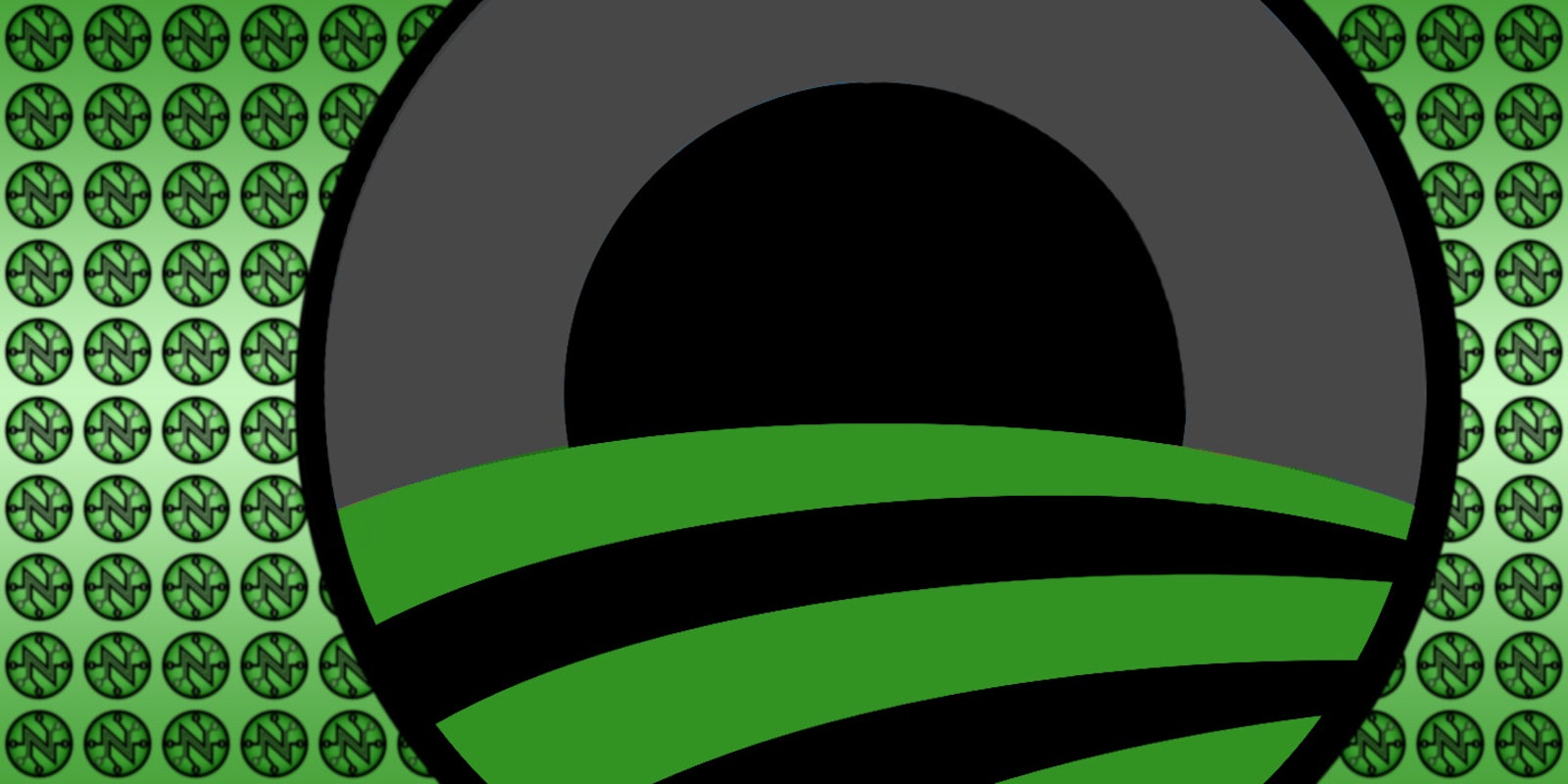In his strongest push for net neutrality yet, President Obama has finally openly called for the Internet to be reclassified as a utility.
Obama made the request in an open letter to the Federal Communications Commission (FCC), which has the power to reclassify the Internet under Title II of the Communications Act of 1934. It’s something open Internet activists have called for for quite some time, and is the basis for the outpouring of comments from some 4 million Americans who responded to the FCC’s open call for comment from the public this summer, by far the largest reaction the agency has ever received.
As a presidential candidate in 2007, Obama was clear about his stance on net neutrality: He was absolutely against the practice, he said, of Internet service providers having the ability to charge customers extra to access particular sites at full speed. But nothing happened during his first term, and in 2013, he appointed Tom Wheeler, a former cable lobbyist, to chair of the FCC, increasing worries that an open Internet was an empty campaign promise. Disappointment at Obama’s lack of action culminated when the Democrats lost the Senate on election day, and Holmes Wilson, a cofounder of the Internet freedom group Fight For the Future, opined that Obama “deserves” the loss for his lack of action on net neutrality.
But apparently he’s coming around. Though he’s given weak statements in support of net neutrality multiple times in the past, Monday’s statement marks the first time he’s openly instructed Wheeler to invoke Title II.
“If the FCC appropriately forbears from the Title II regulations that are not needed to implement the principles above—principles that most ISPs have followed for years—it will help ensure new rules are consistent with incentives for further investment in the infrastructure of the Internet,” he wrote. He continued:
For almost a century, our law has recognized that companies who connect you to the world have special obligations not to exploit the monopoly they enjoy over access in and out of your home or business. That is why a phone call from a customer of one phone company can reliably reach a customer of a different one, and why you will not be penalized solely for calling someone who is using another provider. It is common sense that the same philosophy should guide any service that is based on the transmission of information — whether a phone call, or a packet of data.
Obama’s proposed policy—which, it’s important to note, is in no way binding—was quicky met with appreciation from net neutrality experts, like Tim Wu, the man who originally coined the term:
The White House’s announced Net Neutrality policy is 100% on target https://t.co/eKIVB9RVoJ
— Tim Wu (@superwuster) November 10, 2014
Craig Aaron, CEO and President of Free Press, a pro-net neutrality advocacy group, also applauded Obama’s stance on the issue.
“The president, who promised to take a back seat to no one on net neutrality, has finally gotten in the driver’s seat,” Aaron said. “And he may have saved the Internet at the moment it was in the greatest jeopardy.”
Wheeler himself seemed to take Obama’s comments as no more than suggestions.
The agency itself declined to comment Monday, referring instead to a prepared statement from Wheeler, in which he said, “The President’s statement is an important and welcome addition to the record of the Open Internet proceeding” and, “As an independent regulatory agency we will incorporate the President’s submission into the record of the Open Internet proceeding.” Wheeler’s statement made no hint of a promise of whether or not he’d reclassify the Internet under Title II.
Update: 10:34am ET, Nov. 10: Comments from Free Press’ Craig Aaron added. | Update: 12:25am ET, Nov. 10: Comments from FCC Chair Tom Wheeler added.
Illustration by Jason Reed | Remix by Fernando Alfonso III


